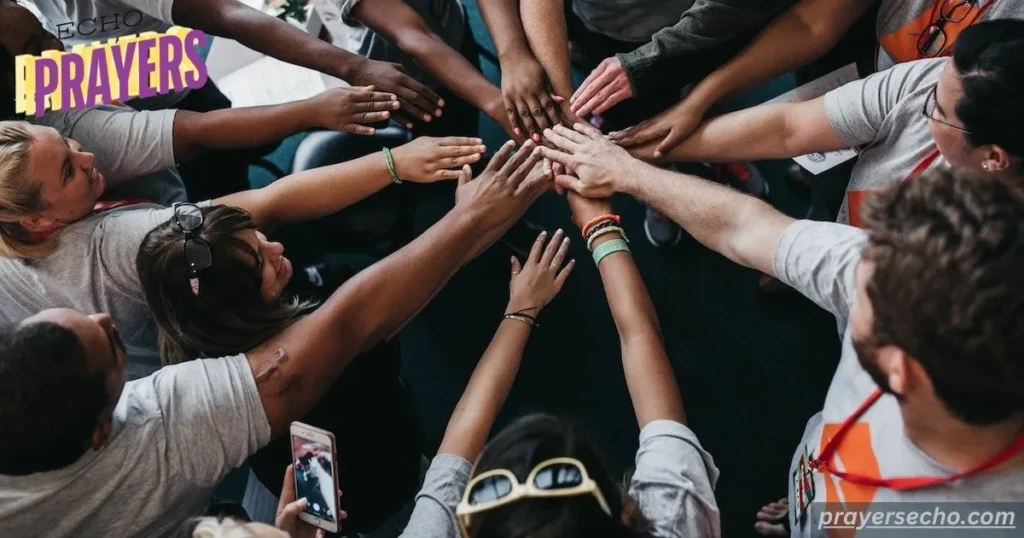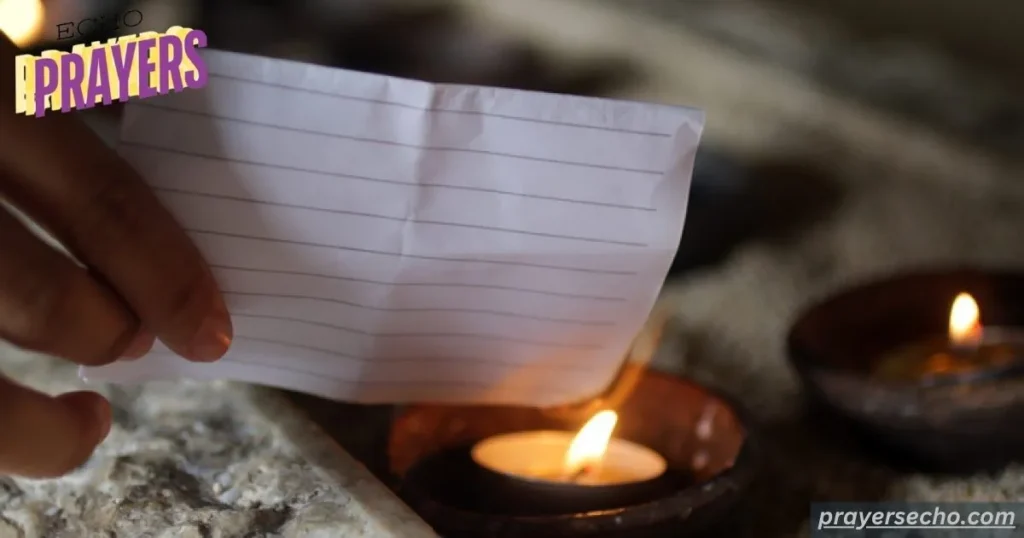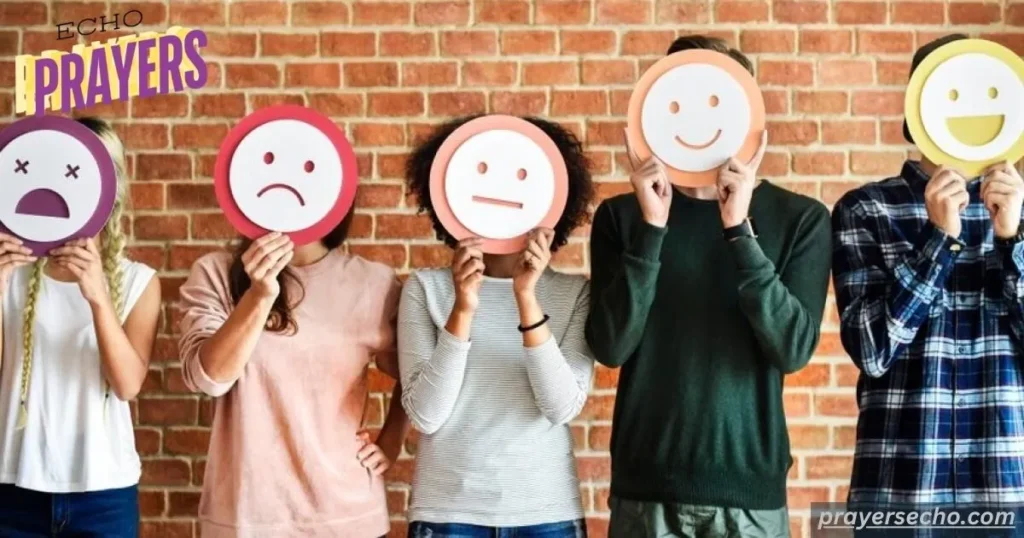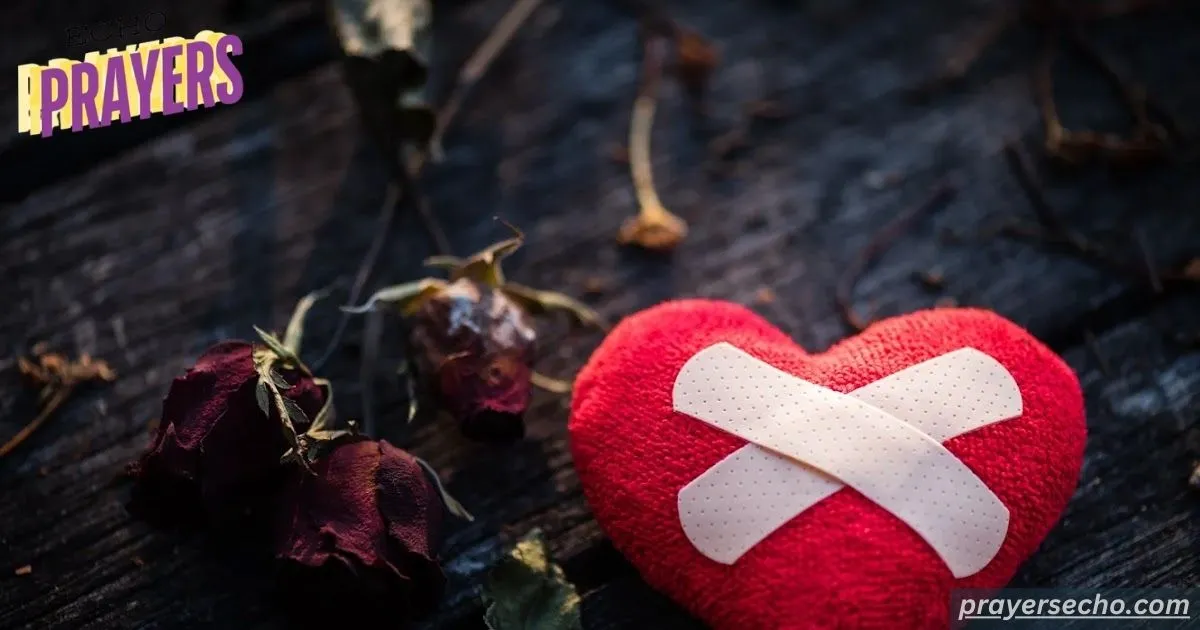“Healing begins when you let go of the past and embrace the future with an open heart.”
A broken heart can feel like the end of the world, leaving us shattered, lost, and uncertain about the future. Whether it’s the end of a relationship, a painful loss, or unmet expectations, the hurt can seem unbearable.
However, healing is possible, and it starts with allowing yourself the space and time to mend. Words of wisdom and powerful quotes can act as a source of comfort, offering encouragement and hope as you move forward.
These quotes remind us that healing is not only about time but also about changing our mindset and finding strength within ourselves.
If you’re struggling with heartbreak, remember that it’s okay to feel the pain. The key is to let yourself heal.
Take this moment to reflect on the words of others who have walked the same path and emerged stronger.
Quotes for healing a broken heart provide the reminder that you’re not alone in your journey. They offer encouragement to help you understand that with each passing day, the pain will lessen, and you will find the strength to move on.
It’s time to start the healing process with the support of empowering words and a renewed sense of hope.
As you read through these quotes, allow them to guide you towards emotional healing. The right words can help shift your perspective and offer clarity during times of confusion.
Embrace each quote, not just as a comforting sentiment, but as a step toward finding peace. Healing takes time, but with the right mindset, you will emerge stronger and more resilient. Let’s dive into these powerful quotes to help heal a broken heart and inspire you to begin your recovery.
1. Embracing Self-Love and Acceptance
- Understand that you are worthy of love.
- Treat yourself with kindness and compassion.
- Practice positive affirmations to boost your confidence.
- Create a self-care routine to prioritize your well-being.
- Stop self-blame and embrace your mistakes as part of growth.
- Focus on your strengths and accomplishments.
- Surround yourself with supportive friends and family.

- Take time for activities that make you feel good.
- Practice mindfulness to stay present and avoid dwelling on the past.
- Discover new hobbies or revisit old passions to find joy.
- Give yourself permission to feel and heal at your own pace.
- Be patient with yourself during tough times.
- Let go of negative self-talk and embrace positive thinking.
- Accept that healing takes time and cannot be rushed.
- Celebrate small victories in your emotional journey.
- Take pride in your resilience and strength.
- Remember that you are enough, just as you are.
- Seek professional help if you struggle with self-esteem.
- Practice gratitude daily to shift your mindset.
- Build a new relationship with yourself before seeking love from others.
2. The Power of Forgiveness
- Forgiveness doesn’t mean forgetting, but letting go of hurt.
- Recognize that holding onto anger only harms you.
- Understand that forgiveness is for your peace, not for others.
- Practice self-forgiveness for past mistakes.
- Acknowledge your feelings before moving toward forgiveness.
- Let go of any grudges to move forward.
- Accept that people make mistakes and that they too are healing.
- Forgive the person who hurt you, not for them, but for yourself.
- See forgiveness as a tool for emotional liberation.

- Practice letting go of resentment daily.
- Allow yourself time to process the hurt before forgiving.
- Write a letter to yourself or the person you’re forgiving.
- Understand that forgiveness is a journey, not a destination.
- Take responsibility for your own healing and not for the actions of others.
- Recognize that holding onto past pain keeps you stuck.
- Forgiving opens the door to new, healthier experiences.
- Reconnect with your sense of peace after letting go.
- Seek professional help to understand forgiveness better.
- Teach yourself to forgive as an act of love.
- Set boundaries after forgiveness to protect yourself.
Powerful Prayers for the Heart
3. Finding Strength in Your Emotions
- Allow yourself to feel whatever emotions arise.
- Recognize that emotions are natural and part of healing.
- Understand that it’s okay to cry and express your feelings.
- Don’t suppress your pain; let it be part of your healing.
- Accept that healing is an emotional process.
- Express yourself through writing or talking about your feelings.
- Channel your pain into creative outlets.
- Take breaks when feeling overwhelmed by emotions.
- Learn to sit with discomfort and allow it to pass.
- Accept that it’s normal to feel a mix of emotions during healing.
- Share your feelings with people you trust.
- Be gentle with yourself when emotions feel intense.
- Engage in activities that make you feel emotionally grounded.

- Recognize that healing doesn’t mean eliminating all emotions.
- Cultivate emotional resilience by practicing emotional awareness.
- Remind yourself that time will ease the intensity of your feelings.
- Seek comfort in those who understand what you’re going through.
- Stay away from negativity to protect your emotional well-being.
- Engage in mindfulness exercises to help manage emotions.
- Honor your journey of healing, no matter how it looks.
4. Transforming Pain into Purpose
- Find lessons in your pain to grow stronger.
- Reflect on what you’ve learned from the heartbreak.
- Consider using your experience to help others heal.
- Turn your pain into art, music, or writing.
- Explore volunteer opportunities to give back.
- Let your journey inspire others who are struggling.
- Seek ways to improve yourself through the hardship.
- Turn negative feelings into positive action.
- Practice resilience and teach others to do the same.
- Share your story to help others feel understood.
- Use your pain as a motivator to achieve personal goals.
- Consider therapy or self-help resources for self-improvement.

- Cultivate a mindset that views pain as an opportunity for growth.
- Find new goals that align with your personal development.
- Use your heartbreak as a source of strength.
- Let go of regret and focus on what you can control.
- Set new intentions for your life moving forward.
- Embrace the lessons of the past to build a better future.
- Reflect on the personal qualities that have grown through pain.
- Start a project that aligns with your newfound purpose.
5. Creating Healthy Boundaries
- Understand the importance of saying no when needed.
- Set boundaries with those who may trigger painful emotions.
- Take space from situations that don’t support your healing.
- Prioritize your emotional health over people-pleasing.
- Establish boundaries that honor your needs.
- Speak openly about your need for boundaries with others.
- Let go of toxic relationships that hinder your growth.
- Respect others’ boundaries as you expect them to respect yours.
- Set physical and emotional boundaries that promote peace.
- Practice assertiveness when expressing your needs.
- Take time away from social media if it triggers painful memories.

- Recognize when it’s time to let go of negative relationships.
- Keep your distance from past triggers that may prevent healing.
- Be firm but kind when setting limits with others.
- Maintain boundaries as a form of self-care.
- Reassess your relationships to ensure they’re positive and supportive.
- Create space for yourself to reflect and heal.
- Stay true to your values when establishing boundaries.
- Reinforce your boundaries to avoid emotional burnout.
- Practice self-respect by honoring your boundaries.
6. Seeking Support from Loved Ones
- Lean on friends and family for emotional support.
- Allow yourself to be vulnerable with trusted individuals.
- Seek advice or comfort from those who care about you.
- Surround yourself with positive and encouraging people.
- Share your feelings with someone who listens without judgment.
- Join a support group for those going through similar experiences.
- Don’t hesitate to ask for help when you need it.
- Let others support you during your healing process.
- Build a network of friends who uplift and encourage you.
- Stay connected with loved ones to avoid feeling isolated.
- Speak openly about your emotions with close friends.
- Seek a therapist or counselor to guide your healing journey.
- Let go of toxic relationships and focus on those who care.
- Accept help when it’s offered, whether emotional or practical.

- Use your support system to stay grounded during tough times.
- Trust that you’re not a burden when asking for support.
- Maintain strong relationships with people who understand your journey.
- Appreciate the love and care others offer during your recovery.
- Engage in social activities to boost your mood and connect.
- Be grateful for the support you receive from others.
7. Rediscovering Joy and Hope
- Focus on the small joys in everyday life.
- Reconnect with activities that bring you happiness.
- Find new hobbies that excite you and bring joy.
- Reconnect with nature to experience peace and calm.
- Surround yourself with positive, uplifting people.
- Celebrate your progress, no matter how small.
- Focus on the future and the opportunities ahead.
- Learn to appreciate the beauty of life once again.
- Set new personal goals that inspire hope and excitement.
- Practice gratitude daily to enhance your perspective.
- Embrace change and welcome new beginnings.
- Spend time with those who make you laugh and smile.

- Create a vision for the future that excites you.
- Engage in activities that nourish your soul.
- Let go of fear and trust that joy is waiting for you.
- Start each day with positive thoughts and intentions.
- Take baby steps to rebuild hope and confidence.
- Focus on the things you can control to feel empowered.
- Recognize that joy is a choice, and you can choose it.
- Keep your heart open to new experiences and relationships.
Answer the key Question
1. How long does it take to heal from a broken heart?
Healing from a broken heart is different for everyone. It may take weeks, months, or even longer, depending on the person and the situation. The key is to allow yourself the time to heal and to be patient with the process.
2. Can quotes really help me heal?
Yes, quotes can be a powerful tool in healing. They provide comfort, encouragement, and perspective, helping you feel understood and less alone.
3. How do I know if I am ready to move on?
You’ll know you’re ready when you start feeling at peace with your past and are open to new experiences without constantly dwelling on past hurts.
4. Should I try to stay friends with someone who broke my heart?
It depends on your emotional state and boundaries. If staying friends hinders your healing, it may be best to take time apart until you feel stronger.
5. What are some healthy ways to cope with heartbreak?
Engage in self-care, seek support from loved ones, focus on personal growth, and practice forgiveness. It’s important to focus on your emotional well-being during this time.
Conclusion
Healing a broken heart is a personal journey that requires patience, self-compassion, and emotional resilience. The quotes shared throughout this post serve as reminders that you are not alone in your pain.
With time, self-love, and support, you will find peace and emerge stronger. Keep moving forward, embracing each day with hope and the knowledge that healing is within your reach

Hi! I’m Jane Austen, the admin of Prayers Echo, where we share uplifting prayers, spiritual reflections, and messages of hope. Join us as we echo faith and inspiration in every prayer.












